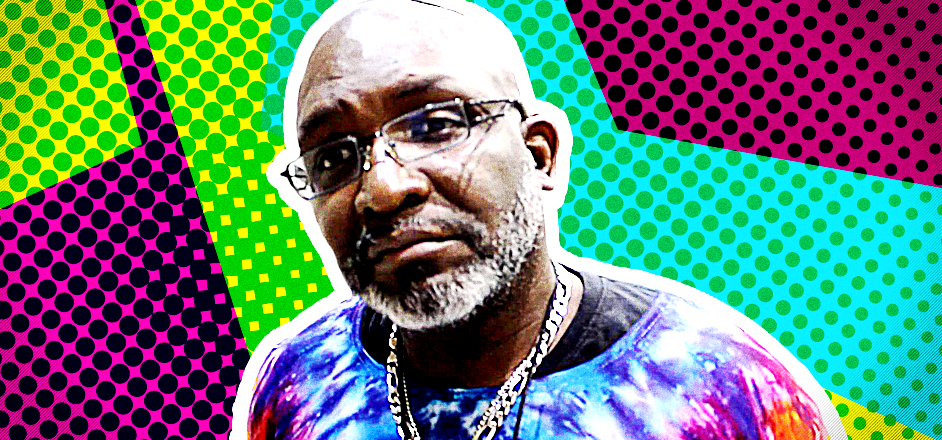News flash: the War on Drugs is dying down.
For example, there are pot shops on the street corner in a lot of places. There's actual research being done on MDMA, and it's on the fast track to becoming legal. Bongs are more stylish than ever. And, these days, you can run as a Republican in the South and also be against the War on Drugs without getting ostracized. Nobody kicks you in the teeth. You can even get some votes.
That's one lesson learned by Derrick Grayson, an anti-Drug War Republican who ran for the U.S. Senate in Georgia in 2016.
Yes, he lost in the primary, earning just 12 percent of the vote. And, sure, his End the War on Drugs talk did earn him a few "strange stares," he says. But, for the most part, "My stance on drugs did not impact me negatively at all," Grayson says by phone from Georgia. In fact, he convinced a few conservatives to see things his way.
"Libertarians loved me instantly," he says. "Conservatives did one of two things: they dismissed me out of hand as a kook; or they said, 'This person’s platform is so kick ass it’ll never happen.'"
In 2018, the former Navy man who calls himself the Minister of Truth plans to run for governor of Georgia, or maybe the U.S. House — or something at the state level in the future. And Grayson says he's not changing his core principles when it comes to the War on Drugs: that all drugs should be decriminalized. "I’m not saying make heroin legal," he says. "I’m saying, stop sending people to prison when they do use heroin. All you’re doing is making that person’s life more shitty than what it was before they got hooked on the drug in the first place."
Grayson, 56, is more than just a likeable long-shot candidate. He's an example in the shift in the country's thinking about drugs, especially among the very people who used to be so against them.
Republicans like him started the War on Drugs, and pushed it hard. Their 1972 party platform obsessed over drugs, calling them "insidious," with a "sheen of false glamor" but really a "cancerous social ill," against which the Republicans "launched a massive assault" and a tenfold increase in the budget for "the most intensive law enforcement war ever waged."
You can practically hear the no-knock raids.
But after four decades of Drug War disasters, including state legalization proving that marijuana doesn't ruin anything, and research showing that psychedelics can actually help, last year's party platform barely mentions "drugs" at all, and never calls them bad or wrong. The website for the Georgia Republican Party doesn't use the word "drugs" once. And they often talk about drugs like a midwestern high school guidance counselor does; glancingly, always eager to change the subject.
Grayson found this, for the most part, when he talked to Republicans about is own view on substances; it just isn't one of the issues that fires them up anymore. That lack of enthusiasm for prohibition is an underrated part of the political landscape right now, and a reason for you to be hopeful that the time is right for legalization of marijuana, and maybe the decriminalization of other harmless drugs. After all: Grayson loves Trump, and Trump isn't a crusader against drugs, either.
But Grayson himself is one of a growing number of Republicans who want to fire up debate about letting the Drug War cool down. "It should be a conversation because people’s lives are being destroyed," Grayson says. He'll keep talking about it. "Drugs are really no more illicit than alcohol. Alcohol is addictive, alcohol destroys lives, yet it’s legal. Go figure."
Grayson figures he's on the right side of history.



Leave a Reply